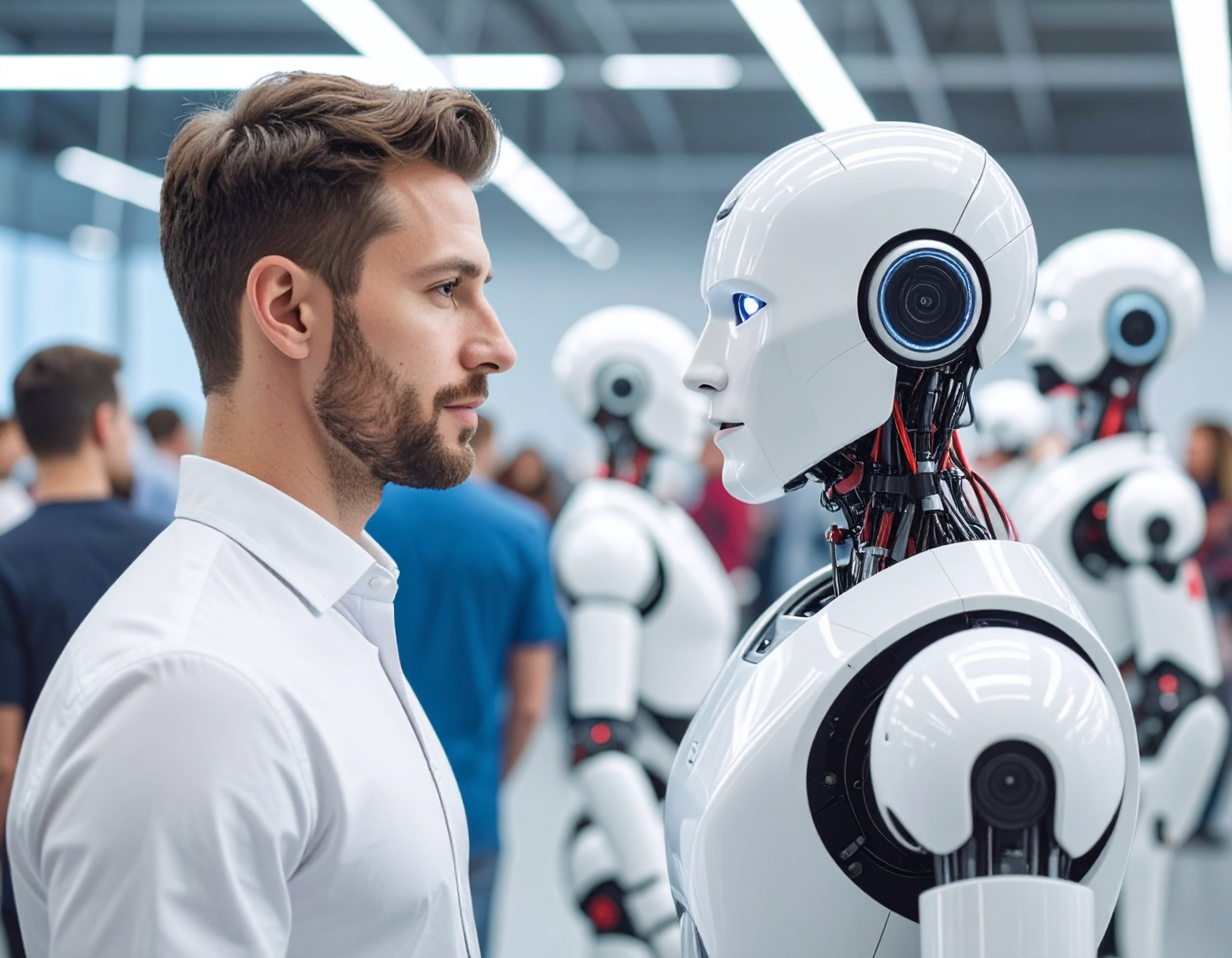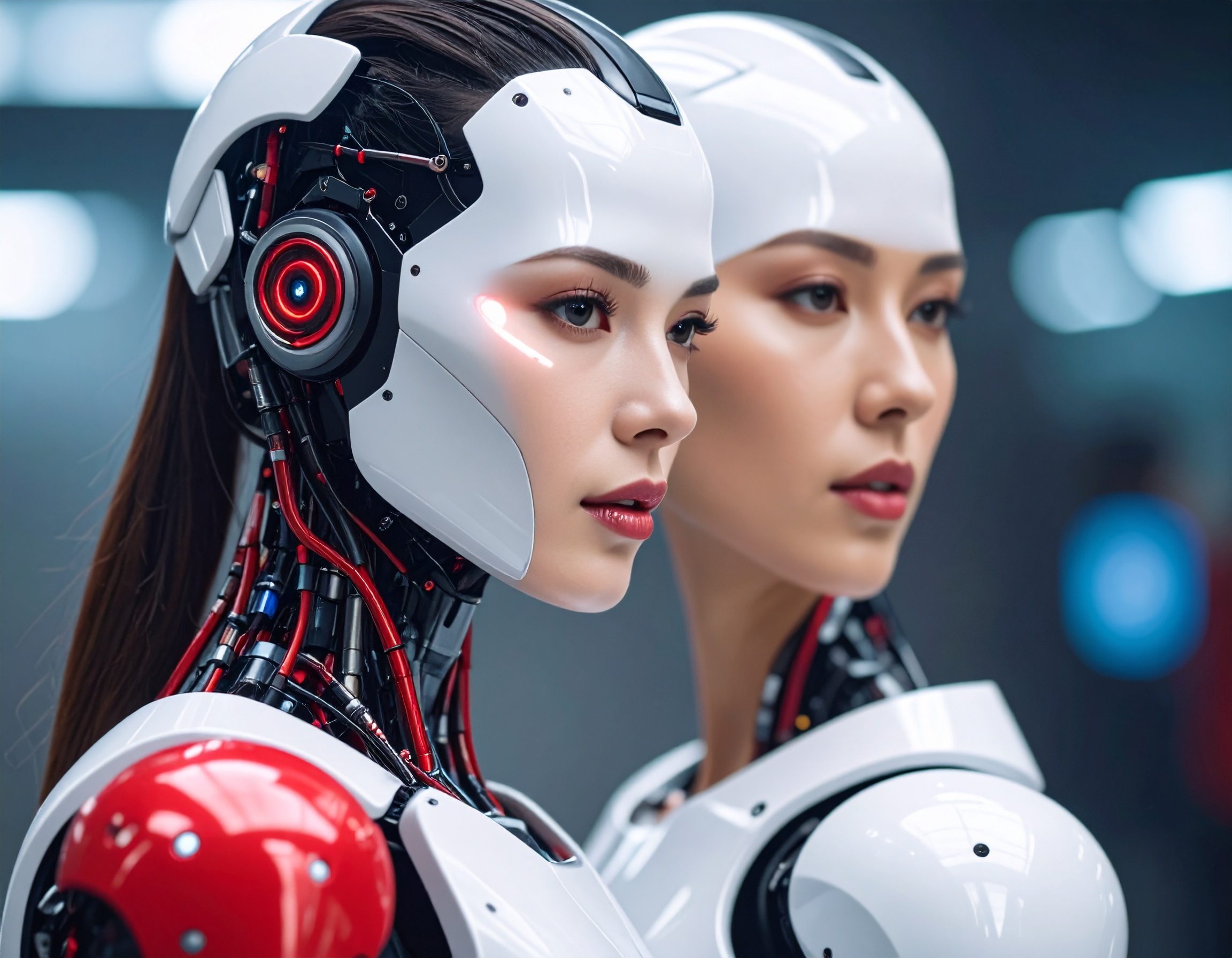The Rise of Intelligent Agents: Robophobia’s Impact on the Hospitality Industry

The hospitality industry is grappling with a labor crisis, intensified by geopolitical tensions and pandemic aftershocks. In response to restrictions on Palestinian workers and a reluctance of foreign workers during wartime, Israeli hotels and restaurants are turning to intelligent agents, or digital employees, to fill the gap. These non-human workers, which range from room service robots to automated maintenance bots, are being increasingly integrated into hospitality operations.
However, a recent study from Washington State University highlights a significant downside to this technological shift. Researchers Bamboo Chen and Ruying Cai surveyed over 620 employees from the lodging and food service sectors, revealing that "robophobia"—the fear that robots will replace human jobs—is contributing to increased job insecurity and stress among workers. This fear is not unfounded, as employees who frequently interact with robotic technology report higher intentions to leave their jobs. This phenomenon is exacerbating the already high turnover rates in the industry.
The study, published in the International Journal of Contemporary Hospitality Management, underscores that the labor shortage, particularly acute post-pandemic, has led employers to rely on intelligent agents to maintain operations. Despite their efficiency, these digital employees may inadvertently worsen the labor crisis. Workers familiar with robotic technology felt more threatened by its potential to render their roles obsolete, a sentiment consistent across both frontline employees and managers.
To mitigate these issues, the study's authors recommend that employers focus on the collaborative potential of human-robot teams. Emphasizing the complementary roles of human and robotic workers can alleviate fears and reduce turnover intentions. As the hospitality sector continues to evolve, balancing technological integration with human workforce needs is crucial to sustaining industry stability.
Key Highlights:
- Labor Crisis in Hospitality: Geopolitical tensions and pandemic aftershocks have led to severe labor shortages in Israeli hotels and restaurants. Restrictions on Palestinian workers and foreign worker reluctance during wartime are key factors.
- Adoption of Intelligent Agents: Hotels and restaurants are increasingly using digital employees, such as room service robots and automated maintenance bots, to fill workforce gaps.
- Impact of Robophobia: A Washington State University study surveyed over 620 hospitality workers, revealing that fear of robots replacing human jobs ("robophobia") increases job insecurity and stress. This fear leads to higher turnover intentions, particularly among employees with direct experience with robotic technology.
- Research Findings: The study, published in the International Journal of Contemporary Hospitality Management, found consistent robophobia effects across all levels of hospitality workers. Employees who viewed robots as more capable reported higher intentions to quit.
- Recommendations: Employers should emphasize the collaborative potential of human-robot teams to reduce robophobia. Communicating both the benefits and limitations of robotic technology can help mitigate fears and retain human workers.
References:
https://www.jpost.com/business-and-innovation/tech-and-start-ups/article-802230#google_vignette


